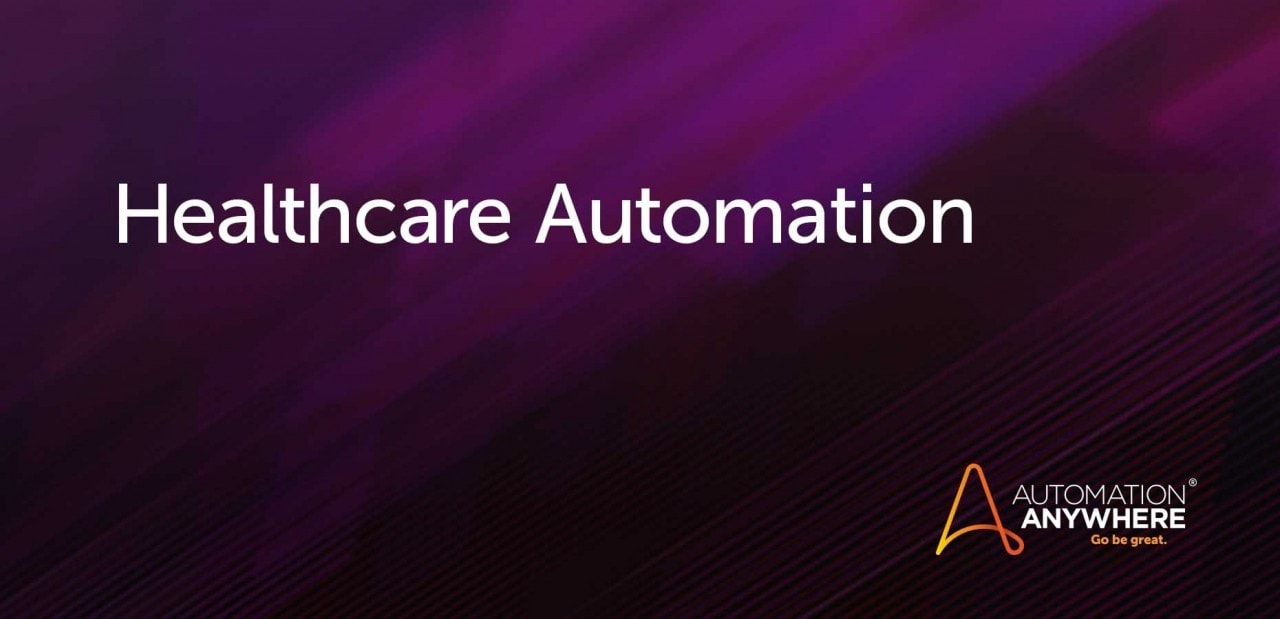- Login
- Search
- Contact Us
-
Have a question? Our team is here to help guide you on your automation journey.
-
Explore support plans designed to match your business requirements.
-
How can we help you?
-
- AI
AI Without the Hype From pilot to full deployment, our experts partner with you to ensure real, repeatable results. Get Started
- Automation Anywhere AI
-
- Solutions
Featured Agentic Solutions
Accounts Payable Invoice automation—No setup. No code. Just results. Accounts Payable
Customer Onboarding Scale KYC/AML workflows. Customer Onboarding
Customer Support Keep queues moving, even at peak load. Customer Support
Healthcare RCM Revenue cycle management that runs itself. Healthcare RCM
- Products
Platform Features
- Agentic process automation (APA)
- Robotic Process Automation (RPA)
- View all Products
-
- Resources
Get Community Edition: Start automating instantly with FREE access to full-featured automation with Cloud Community Edition.
Featured
 Named a 2025 Gartner® Magic Quadrant™ Leader for RPA.Recognized as a Leader for the Seventh Year in a Row Download report Download report
Named a 2025 Gartner® Magic Quadrant™ Leader for RPA.Recognized as a Leader for the Seventh Year in a Row Download report Download report- Become an Expert
- Developer Tools
- Get Support
- View all resources
-
- Partners
Find an Automation Anywhere Partner Explore our global network of trusted partners to support your Automation journey Find a Partner Find a Partner
- Find a Partner
- For Partners
-
Blog
Preparing for the Future of Healthcare in Light of Automation
Navigate to content
Software automation accelerates processes and makes them more cost-effective, accurate, scalable, and measurable. But it also lets organizations coordinate and manage a collection of disparate systems according to business rules. These benefits offer enough value that automation is becoming an indispensable part of the enterprise toolkit.
A 2019 Deloitte survey of 523 executives across industries found that 58% of organizations were already using Robotic Process Automation (RPA) and artificial intelligence (AI) combined. The top four objectives of this intelligent automation: increased productivity, cost savings, accuracy, and customer experience. How will this trend affect the healthcare job market?
The impact of automation on healthcare jobs
According to a 2019 Brookings Institution report, automation and AI will impact all professions, each to a different degree. At the highest risk of automation are tasks that are tedious, repetitive, rule-based, and predictable, such as document processing, data entry, and administrative office tasks.
 Healthcare office workers tend to hate these tasks, which typically require very little decision-making, judgment, or creativity.
Healthcare office workers tend to hate these tasks, which typically require very little decision-making, judgment, or creativity.
In contrast, the lowest-risk jobs are ironically those at both ends of the wage spectrum: well-paid complex decision-making positions requiring higher education (such as research scientists, engineers, and business executives) and low-paying personal care and domestic services that involve non-routine tasks or require interpersonal skills (such as home health aides and housekeepers).
Economists say we’re now in the midst of the Fourth Industrial Revolution, or Industry 4.0, a unique disruption that forces us to ask for the first time what it truly means to be human.
Industry 4.0 synergizes global online and physical systems, data, AI, and smart technologies with the potential to improve the quality of life across the world, and the change is accelerating. “The changes are so profound that, from the perspective of human history, there has never been a time of greater promise or potential peril,” says Professor Klaus Schwab, head of the World Economic Forum.
For many healthcare workers, the topmost concern isn’t whether automation can enhance their job but whether it will replace their job. There’s clearly the risk of a machine taking over if it can do the same task better and more cost-effectively. However, you have a choice: Treat the bot as a threat or as a powerful digital assistant.
Like other software tools of the past (Excel or Salesforce, for example), RPA removes the part of your job you dislike and allows you to be more productive in meaningful tasks. The healthcare employer and employee ultimately face the same question: How do we evolve and increase an employee’s value to the company if we eliminate the low-value work he or she does?
The value of work
To understand how humans add value, it’s important to look at the talents human employees have that machines are unable to mimic. Here’s a list of uniquely human qualities that could indicate the kinds of tasks that are difficult to automate:
- Learning and understanding: A human worker can learn, understand, and weigh unanticipated or complex situations much better than a machine. A big part of a patient’s care experience is the empathy and assistance of the contact center agent, the clinical staff, and many others.
- Emotion: Humans can both sympathize and empathize. Machines do neither, although they can observe clues to emotion (e.g., face, voice, behavior) and simulate empathy. Healthcare relies heavily on patient trust. Achieving trust requires an authentic caring approach by the clinician.
- Natural interaction: Humans interact with humans using a rich spectrum of natural communication — countenance, speech, emotion, physiologic signs, stance, gestures — which are both efficient and intuitive. This means human-to-human interactions are faster and more accurate than machine interfaces.
Good physicians and nurses gain much more from a patient interview than just the spoken narrative. Clues that inform diagnosis and treatment come from emotions, speech, posture, movement, and even odors in some cases.
- Judgment: This ability involves not only years of real-world experience, but also accumulated wisdom that can consciously or unconsciously take in a host of considerations that are difficult to encode into machine algorithms. A clinician with years of experience can sometimes make decisions very quickly based on pattern recognition and risk management.
- Complex problem-solving: Machine algorithms perform well with clearly defined business rules and stable scenarios. However, the real world often poses challenges that aren’t accounted for by simple rules.
For example, a last-minute transportation worker strike could require a discharged hospital patient to stay longer. This would be a predicament for automated discharge procedures, whereas a human worker could quickly assess the need and arrange for a solution such as moving the patient to an emergency room bed temporarily.
- Creativity: True creativity is a key skill that enables a human worker to develop entirely new or out-of-the-box solutions to intractable or unprecedented problems. In healthcare, creativity is generally not permitted in diagnosis and treatment, but it can be useful in many other areas, such as operations and patient engagement.
The importance of these human skills can clearly be seen in healthcare. More than 90% of a primary care physician’s practice consists of common conditions such as a sore throat or back pain, according to the Centers for Disease Control and Prevention, for which standards of treatment have been established. These visits could be computer-assisted or even partly automated.
However, a diagnostic puzzle crops up occasionally that requires additional work. “Practicing at the top of your license” is when a physician must really tap his or her clinical expertise and experience and pursue detective work that takes thought, effort, and time.
Automation in healthcare promises to provide more of those fulfilling opportunities by eliminating low-value work from day-to-day tasks.
Improve the human experience
in healthcare with RPA.
About Automation Anywhere Staff
Get to know the Agentic Process Automation System.

For Students & Developers
Start automating instantly with FREE access to full-featured automation with Cloud Community Edition.



